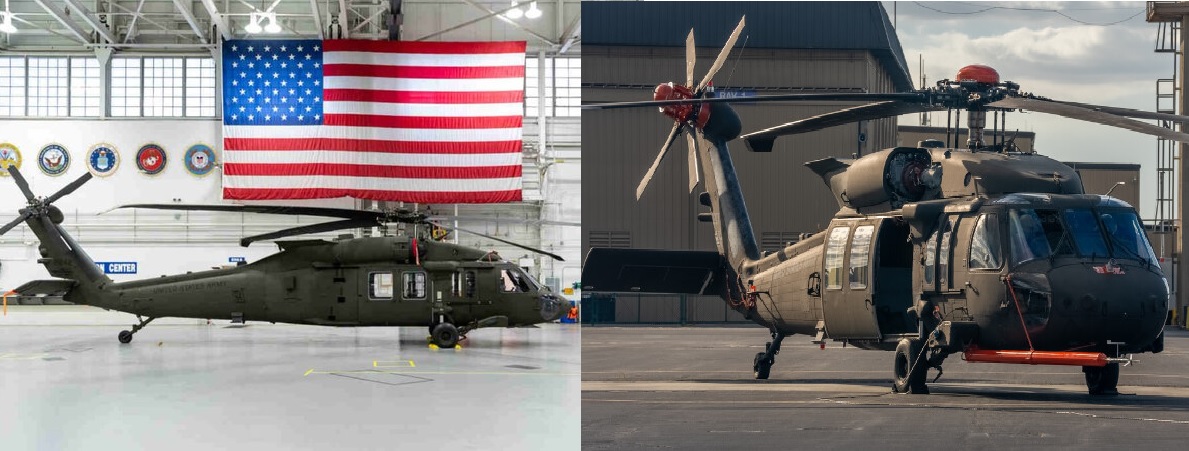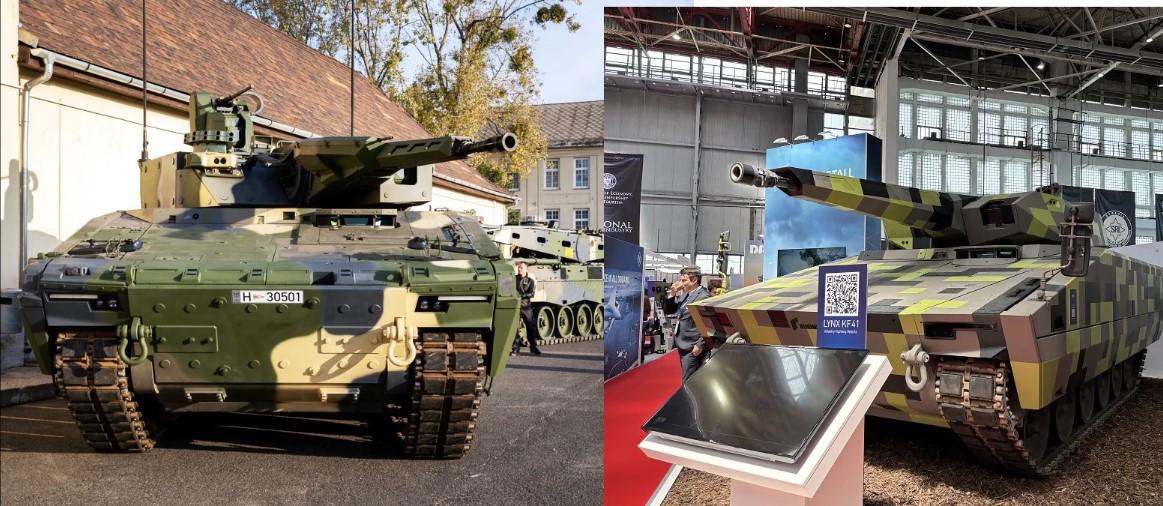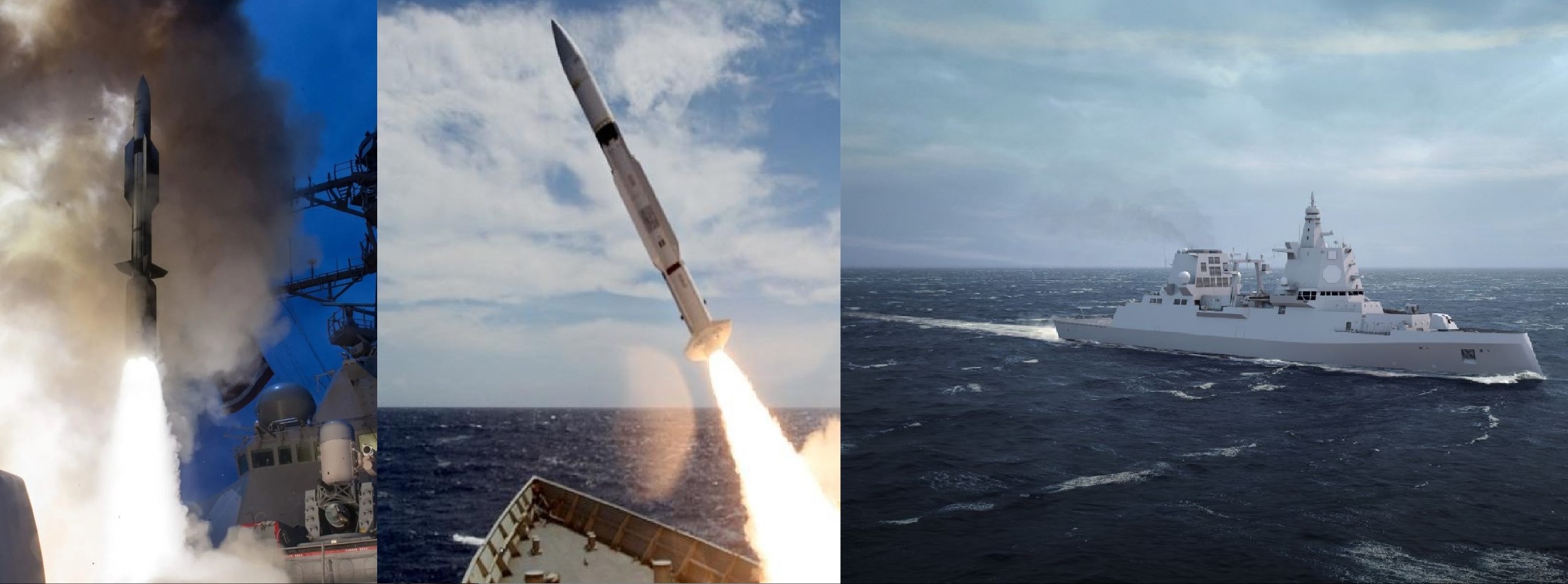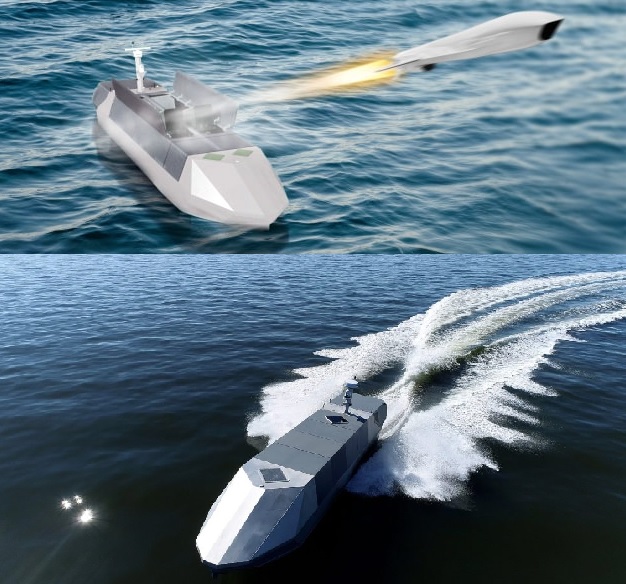Turkey Blocks India’s Apache Helicopter Delivery by An-124 Carrying 3 Apaches to Support Pakistan

New Delhi, November 13, 2025 — A crucial delivery of three AH-64E Apache attack helicopters for the Indian Army has been unexpectedly delayed after Turkey denied airspace clearance to a U.S. cargo aircraft carrying the helicopters. The move has not only disrupted India’s defense logistics but also exposed a growing pattern of Ankara’s political maneuvering aimed at projecting influence and favoring Pakistan, its long-time ally.
The Incident
An Antonov An-124 heavy-lift cargo aircraft, carrying the latest batch of Apache AH-64E helicopters from Boeing’s Mesa, Arizona facility, was en route to India when it became stuck in England for nearly a week. The aircraft, operated by a Russian logistics company, had stopped for refueling at East Midlands Airport before it was scheduled to fly toward India via the Middle East.
However, the flight never proceeded further. Sources confirmed that Turkey refused to grant overflight clearance, effectively blocking the aircraft’s transit route. With no alternate permission secured in time, the aircraft was forced to return to the United States, halting India’s scheduled helicopter induction.
Neither the U.S. Department of Defense nor Boeing has publicly named Turkey, but both cited “external logistical issues” as the cause of the delay. Indian defense sources, however, have expressed clear frustration, viewing the incident as a politically motivated act aimed at creating a diplomatic irritant between New Delhi and Washington.
The India–U.S. Apache Deal
India signed a deal in 2020 for six AH-64E Apache attack helicopters for the Indian Army, valued at approximately USD 600 million.
The Army’s Apaches are separate from the 22 helicopters already operated by the Indian Air Force, which were delivered under an earlier 2015 agreement.
-
First Batch: Three Apaches were successfully delivered in July 2025, and have since been inducted into the Army Aviation Corps, deployed at Jodhpur Air Base.
-
Second Batch: The remaining three helicopters were scheduled to arrive in India by November 2025, completing the Army’s first dedicated Apache squadron.
The AH-64E variant is the most advanced version of the Apache, featuring upgraded sensors, weapon systems, and networking capabilities. It is designed for both anti-armor and close air support missions, giving the Indian Army a crucial edge in high-altitude operations along the country’s northern borders.
Why Turkey’s Move Matters
From an Indian perspective, Turkey’s decision to block the delivery flight is more than an airspace issue — it is a deliberate political gesture with regional and ideological undertones.
Over the past few years, Ankara has aligned itself closely with Pakistan, both diplomatically and strategically. Turkish President Recep Tayyip Erdoğan has consistently backed Pakistan on the Kashmir issue, raising it in international forums such as the UN General Assembly and the Organisation of Islamic Cooperation (OIC), often echoing Islamabad’s narrative.
Analysts say this airspace denial fits into a larger pattern of Turkey’s subtle opposition to India’s growing defense ties with the United States and Israel — two nations Erdoğan frequently criticizes.
“Turkey’s refusal was not accidental; it was a symbolic act,” says a senior Indian strategic affairs expert. “By obstructing a defense delivery to India, Ankara sought to please Pakistan and demonstrate its influence in regional geopolitics, especially within the Islamic world.”
Turkey’s Affinity for Pakistan
Turkey’s political and military friendship with Pakistan is deeply rooted in a shared Islamic identity and mutual strategic interests. Under Erdoğan, this bond has expanded through defense cooperation, joint training exercises, and arms trade. Turkey has supplied corvettes, drones, and electronic warfare systems to Pakistan in recent years.
Beyond material cooperation, Erdoğan has cultivated a strong ideological affinity with Pakistan, driven by his ambition to emerge as a leader of the Muslim world. Through his outreach to Muslim-majority nations, Erdoğan seeks to revive Turkey’s influence reminiscent of its Ottoman past and to position himself as a counterweight to traditional Arab powers like Saudi Arabia and the UAE.
By taking such actions — even small symbolic ones like blocking a defense flight to India — Turkey aims to:
-
Show solidarity with Pakistan, its closest ally in South Asia.
-
Undermine India’s image as a rising strategic power aligned with the U.S. and Western partners.
-
Project itself as a vocal champion of Muslim causes, hoping to attract the loyalty of other Islamic nations.
An Indian diplomat familiar with the matter remarked, “Ankara is using opportunities like this to make political statements — not because it affects India militarily, but because it serves Erdoğan’s narrative of Muslim leadership and independence from Western pressure.”
Strategic and Diplomatic Implications for India
For India, the incident is a reminder of how global politics can impact defense logistics, even when the transaction involves a trusted partner like the United States.
The immediate consequence is a delay in Apache induction, but the broader concern lies in logistical reliability for future deliveries. Defense officials are now exploring alternative routes for heavy cargo flights, likely bypassing Turkish and other politically sensitive airspaces.
Possible new delivery corridors include:
-
The southern route via Italy, Egypt, and the Arabian Peninsula, avoiding Turkey altogether.
-
The transatlantic route through Africa and the Indian Ocean, though longer and costlier.
-
Maritime transport, using disassembled helicopters shipped by sea to India for reassembly — slower but politically safer.
Meanwhile, Washington is expected to raise the issue diplomatically. The U.S. may either protest Turkey’s action through NATO channels or quietly reroute future defense cargo through alternative partners.
India’s Perspective and Future Outlook
New Delhi views this episode as part of Turkey’s increasingly adversarial posture. Over the past few years, Ankara has:
-
Opposed India’s UN Security Council membership bid,
-
Backed Pakistan’s stance on Kashmir, and
-
Built deeper ties with China, another country at odds with India.
Turkey’s obstruction, therefore, is not seen as an isolated event but as a continuation of a pattern — one where Ankara attempts to assert its global influence by targeting India’s strategic moves and aligning itself with Pakistan’s interests.
However, Indian defense officials have downplayed the operational impact, emphasizing that deliveries will resume soon through revised routes. “The delay is temporary,” one official said. “India’s cooperation with the U.S. and Boeing remains strong. These helicopters will reach India shortly, even if they have to take a longer route.”
Turkey’s refusal to grant airspace for India’s Apache helicopter delivery may seem procedural, but its symbolism runs deep. It reflects Erdoğan’s effort to assert Turkey as a global Islamic power, show loyalty to Pakistan, and signal independence from Western-aligned blocs — even at the cost of antagonizing India.
For New Delhi, this episode reinforces the importance of strategic autonomy, logistical resilience, and multi-route defense planning in an increasingly fragmented global order.
The Apaches will eventually arrive, but the message from Ankara is clear: Turkey’s geopolitical ambitions and its “brotherhood” with Pakistan are now shaping its actions — even in matters as routine as an aircraft’s flight path.
✍️ This article is written by the team of The Defense News.






